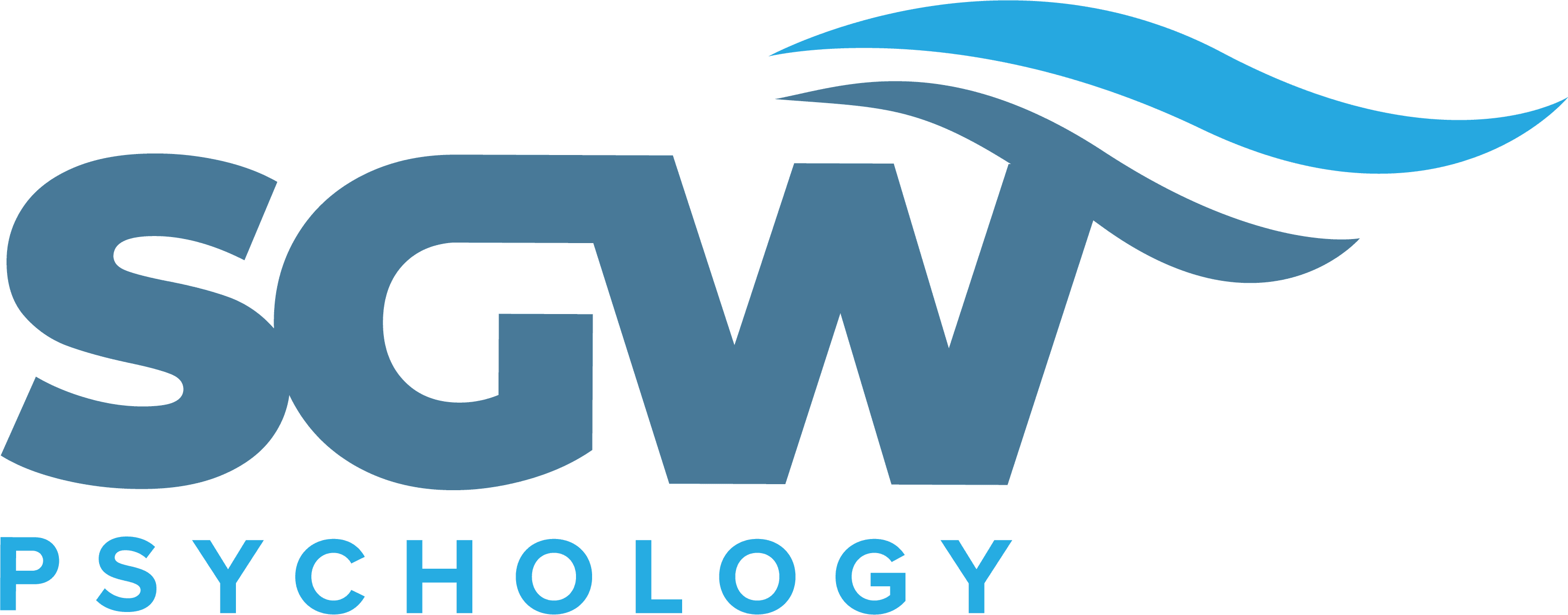Trauma and symptoms of Post-Traumatic Stress Disorder (PTSD) follow a significant event or traumatic experience such as: witnessing or being involved in some kind of threat or attack, violence, physical or emotional abuse, narcissistic abuse, childhood neglect, war, conflicts, or accidents. Essentially trauma is a result of an experience that threatens our personal sense of safety, security, or survival. It is described as a normal reaction to abnormal or unusual events or experiences.
Three types of PTSD or Post traumatic stress disorder:
- Acute: symptoms last less than three months
- Chronic: symptoms last longer than three months
- Delayed: symptoms start at least six months after the actual event
Common Symptoms and reactions of trauma & PTSD include:
PHYSICAL
- anxiety & fear
- irritability
- sweating
- fatigue/exhaustion
- headaches
- restlessness
- tensions, aches and pain
- difficulty relaxing
- sleeping difficulties
EMOTIONAL
- depression
- anxiety and panic
- anger and agitation
- sadness
- numbness
- feelings of guilt or shame
- numbness or detachment
COGNITIVE
- intrusive thoughts, images, or memories
- poor concentration
- confusion
- nightmares and flashbacks
- reliving of the original experience
- negative thoughts about oneself
BEHAVIOURAL / INTERPERSONAL
- avoiding places and events
- increased irritability
- withdrawing from family and friends
- alcohol and drug misuse
- difficulty sleeping
- loss of interest
Trauma can be experienced at any time or from any situation where you feel overwhelmed, scared, or shocked. Earlier life events can leave some people more susceptible to experiencing trauma.
Trauma therapy involves the processing of related memories and feelings as well as how this held or presents in the body. This can include learning and developing ways to dissolve the strong surge of physiological responses that can be triggered by traumatic memories.

